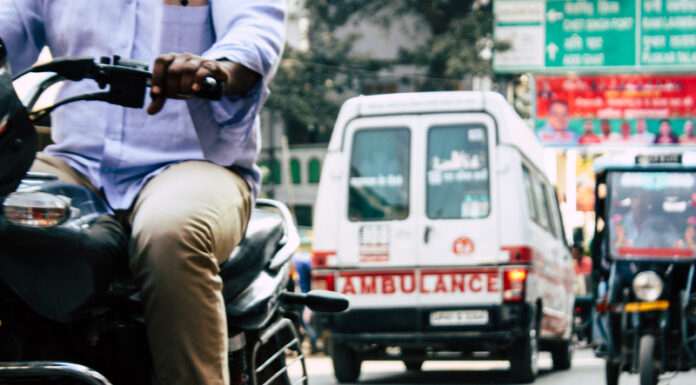At least 26 tourists were killed in Indian-controlled Kashmir on Tuesday, April 22, 2025, when gunmen opened fire at a popular scenic location near Pahalgam, also known as Mini Switzerland. Security forces attributed the attack to militants opposing Indian rule, which also resulted in dozens of injuries.
Senior officials reported that a group of at least four militants fired at tourists from close range in Baisaran meadow, roughly three miles from Pahalgam. Authorities confirmed recovering 26 deceased individuals from the site, with over three dozen others injured, many critically.
Witnesses indicated that the attackers emerged from a densely forested area before opening fire on civilians enjoying the picturesque valley near Pahalgam. The incident occurred during the peak tourist season, attracting hundreds of thousands of visitors seeking the region’s stunning Himalayan vistas.
The victims included 24 Indian tourists, one from Nepal, and a local guide. The attack has caused widespread panic among tourists, leading to a significant exodus from Kashmir and a 90% decrease in tour bookings post-attack.
Prime Minister Narendra Modi cut short his trip to Saudi Arabia to return to India, condemning the shooting as a “heinous act.” Modi pledged that the attackers would face justice and affirmed that India’s commitment to combating terrorism is unwavering.
India’s Home Minister, Amit Shah, stated on social media that authorities would “come down heavily on the perpetrators with the harshest consequences.” The government has mobilized thousands of police and soldiers in a major operation to capture the attackers across the region.
In retaliation for the attack, India has implemented several measures against Pakistan, which it accuses of supporting militants. These measures include closing the main border crossing, suspending the Indus Waters Treaty, downgrading diplomatic relations, expelling Pakistani military advisers, and asking Pakistani visa holders to leave the country.
A previously unknown militant group, Kashmir Resistance, claimed responsibility, stating the attack was a response to “demographic changes” in the valley since 2019, when India revoked Kashmir’s semi-autonomous status.
The attack coincided with U.S. Vice President JD Vance’s visit to India. Vance described the incident as “devastating,” noting that he and his delegation were “overcome with the beauty of this country and its people.” He expressed condolences to those affected.
President Donald Trump commented on the “deeply disturbing news out of Kashmir,” asserting, “The United States stands strong with India against terrorism. We pray for the souls of those lost, and for the recovery of the injured. Prime Minister Modi, and the incredible people of India, have our full support and deepest sympathies.”
This incident is the deadliest attack on civilians in Kashmir since 2019, significantly impacting the region’s tourism-reliant economy. Government officials have promised full refunds and support for affected tourists while enhancing security measures.
Pahalgam, renowned for its snow-capped mountains and lush pine forests, draws hundreds of visitors daily. Kashmir has become a major domestic tourist destination, particularly for its Himalayan foothills, with approximately 3.5 million tourists visiting in 2024 as part of the government’s tourism promotion efforts.
However, visitors encounter a heavy security presence, with checkpoints, armored vehicles, and street patrols reflecting the ongoing tensions in the area, a longstanding flashpoint between India and Pakistan.
The Cabinet Committee on Security convened to discuss the response to the attack, which is expected to be decisive. Defense Minister Rajnath Singh promised a “strong response” against both the perpetrators and those who orchestrated the attack in Pahalgam.
Analysts suggest that India may respond militarily, potentially through cross-border firing or airstrikes, to demonstrate resolve and restore deterrence. However, such actions carry the risk of escalating tensions with Pakistan, a nuclear-armed neighbor.
The attack has raised questions about security failures during peak tourist season in a region under direct federal control since the revocation of its semi-autonomous status in 2019.
India and Pakistan each administer a portion of Kashmir but claim the entire territory. Militants in the Indian-controlled area have been opposing New Delhi’s rule since 1989, resulting in tens of thousands of deaths among civilians, rebels, and government forces.








